Using Drama Series in the English Language Classroom: Practical Tips for Speaking Practice
Mia Tarau
“We often teach language as if it were an isolated phenomenon existing apart from gestures, expression, non-verbal sounds, and other paralinguistic features” (Lindsay, 1974, p. 55).
The idea of introducing drama as a means of teaching English as a foreign language is decades-old, as seen in Lindsay (1974), but evidence of this practice in real-life classrooms remains scarce. This post is inspired by Uştuk & Van Gorp (2020), who argue in favour of the multitude of benefits that incorporating drama into our teaching practice brings to our learners, ranging from improved authentic communication to supporting long-term learner success as “language and cultural brokers” (McClure & Cahnmann-Taylor, 2010, p. 112). The ideas suggested here are adapted from the task-based language teaching process drama lesson suggestions in Uştuk & Van Gorp (2020), and incorporate a scene from Episode 1 of the Chasing Time English drama series ‘Days Crossing’ (https://vimeo.com/860709217/bc1ab10323).
The lesson structure suggested below will include both individual and small group tasks, each with its own purpose, which are aimed at encouraging meaningful communication and interaction between learners, from the planning stage through to delivery and finishing with a reflection. The aim of the lesson is to practice making and accepting invitations to the students’ own events.
THE LESSON – INVITING SOMEONE TO YOUR EVENT/ACCEPTING AN INVITATION TO AN EVENT: SUGGESTED STRUCTURE
Setting the scene
Pair work:
brainstorming
Pre-task: The teacher will write the word ‘ACTING: MAKING AND ACCEPTING AN INVITATION’ on the board. Students will work in pairs. Goal: to brainstorm elements involved in acting out a scene centred on making and accepting an invitation to an event. Students should focus on both LANGUAGE ELEMENTS and NON-VERBAL elements.
Experiential phase 1: Model and preparation
Pair work:
watching/listening/note-taking
Students watch a scene from Episode 1 Days Crossing (02:08-02:38). In set pairs, which will remain the same during the entire lesson, they write down the VERBAL and NON-VERBAL elements involved in inviting someone to their own event, as well as in accepting this invitation, as modelled in the scene.
comparison/contrast (awareness-building, reflection)
Students compare the elements they identified in pairs in the pre-task to the elements they identified in pairs in the scene they watched, reflecting on differences (if any) and the relevance of these differences to the process of making/accepting an invitation.
Guiding question to answer: which list is more comprehensive? Which elements would help them make a more effective invitation/accept it?
brainstorming an idea for an event they would like to invite their friend to
In pairs, students brainstorm an idea for an event that they would like to invite their own friends to (ideas: birthday party, their own recital/imaginary or real show, graduation).
writing an original script for their own scene
Based on the model from the scene they watched, students write their own script, which should include an ice-breaker and the actual making/accepting invitation part, as modelled in the scene. The script should include non-verbal elements as well, as modelled in the scene.
Experiential phase 2: Student performances
Individual and pair work:
performing the scene as a pair
Students act out their scenes in pairs.
Idea to help them evaluate their performance – optional: the pairs record themselves to capture their performance of both verbal and non-verbal elements; recordings only available to the students in each pair/teacher; to be deleted after the activity (this could aid with reflection later; if students are not comfortable with recording themselves, this could be skipped).
Reflective phase
Pair work
Discussion
Students reflect and take notes for discussion on their:
a. Preparation
b. Individual performance
c. Pair performance
Script from Episode 1: Days Crossing 02:08 -02:38
Making an invitation to your own event / Accepting that invitation
BREAKING THE ICE:
Tommy: Hey, Alex!
Alex: How are ya?
[Alex hands Tommy a flyer]
Tommy: Good. What’s this?
THE INVITATION:
Alex: I’m having an art show the day after tomorrow.
Tommy: When?
Alex: It starts at 4.
Tommy: Great!
Alex: Hope to see you there!
Tommy: Yeah, okay I’ll be there.
Alex: Day after tomorrow. If you can make it.
References
Lindsay, P. (1974). The use of drama in TEFL. ELT Journal, 29(1), 55–59. https://doi.org/10.1093/elt/29.1.55
McClure, G., & Cahnmann-Taylor, M. (2010). Pushing back against push-in: ESOL teacher resistance and the complexities of coteaching. TESOL Journal, 1, 101–129. https://doi.org/10.5054/tj.2010.214883
Uştuk, Ö., & Van Gorp, K. (2021). Putting process drama in practice with TBLT principles: TESOL in action. TESOL Quarterly, 55(2), 643–654. https://doi.org/10.1002/tesq.3003
